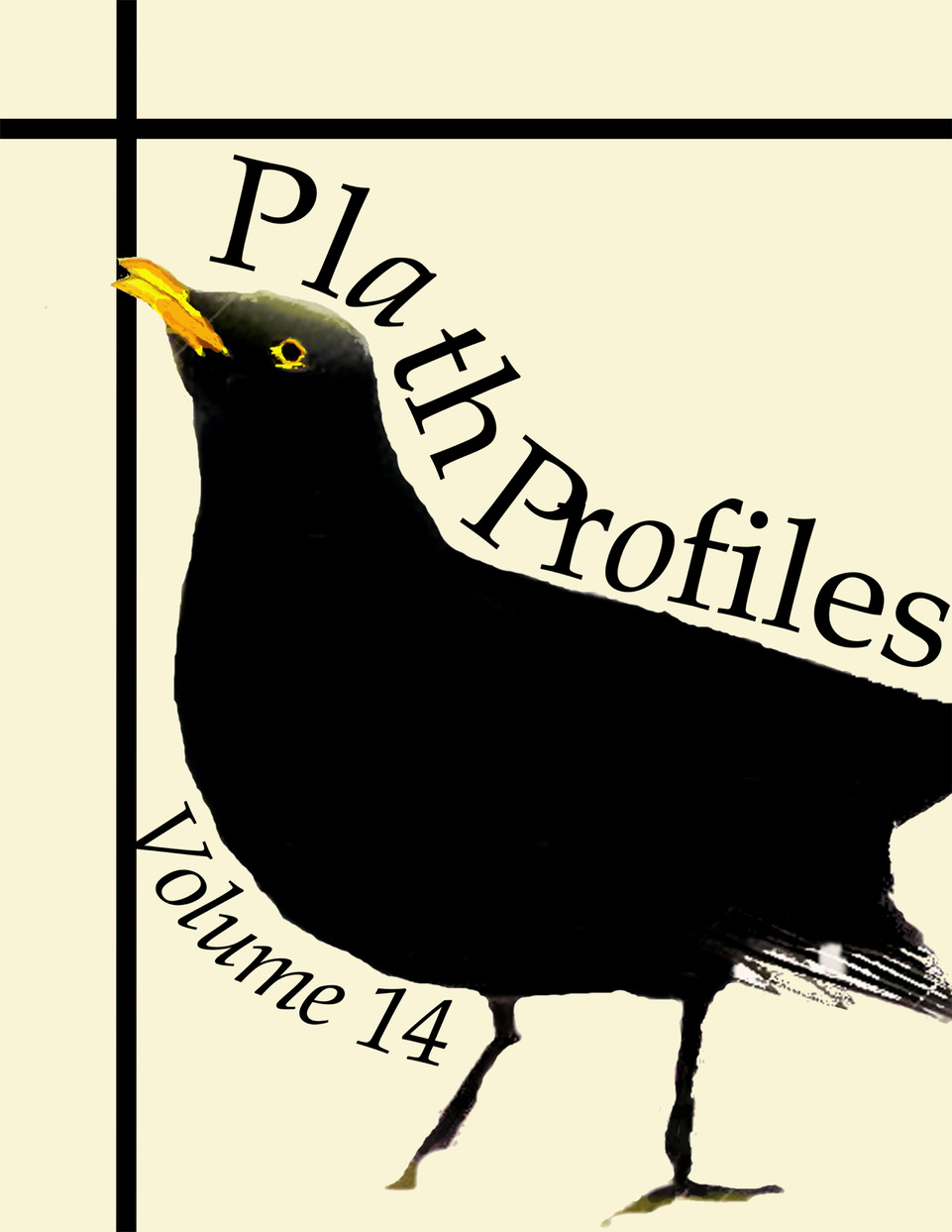An Analysis of Sylvia Plath’s “Daddy,” from "The Heart of American Poetry"
Main Article Content
Abstract
I recall the first shock and exultation of reading Sylvia Plath’s posthumous book, Ariel (1965). I carried it around for months—it seemed impossible to read dispassionately—and especially focused on the poem “Daddy,” which awed but also scared me. I had been reading Theodore Roethke’s romping nonsense poems and originative sequences, which sometimes sound as if Mother Goose had gone haywire, and I wasn’t totally unprepared for the lively and disconcerting rhythms, the nursery-rhyme quality and warp-like speed of Plath’s poem. It wasn’t hard to see why Plath had responded strongly to the childlike orality and undercurrents of need in Roethke’s poetry. But I was unprepared for the Jewish swerve and Nazi imagery in “Daddy” and had no idea how to respond to a catchy Holocaust lyric, which Plath had casually referred to as “light verse.” Along with “Lady Lazarus,” its companion piece, “Daddy” is a distraught, completely unnerving piece of light verse.

